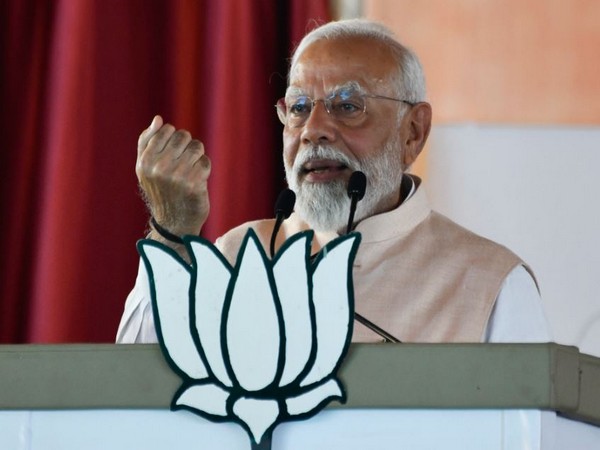In a recent public address, Prime Minister Narendra Modi made a statement that has since resonated with many. “Just because I’m a politician, not everything I do is for power or votes,” he said, challenging the stereotypical image of politicians being solely driven by the pursuit of power and electoral success.
This statement by PM Modi has sparked a wave of discussions and debates across various platforms. It provides a fresh perspective on the motivations and intentions of politicians, suggesting that their actions may be guided by factors beyond just power and votes.
PM Modi’s comment can be seen as an affirmation of his commitment to the welfare of the nation and its people. It implies that his decisions and actions are not always influenced by political gains but are instead driven by a genuine desire to serve the country and its citizens.
On the other hand, some may interpret this statement as a strategic move aimed at winning over voters who are tired of the perceived self-serving nature of politicians. By distancing himself from the image of a power-hungry politician, PM Modi could be trying to appeal to these voters and gain their trust.
Regardless of the interpretation, PM Modi’s statement has undeniably added a new layer to the public’s perception of him as a leader. It has also sparked conversations about the role of politicians and the motivations behind their actions.
As India navigates through various challenges, PM Modi’s words serve as a reminder that the role of a politician extends beyond the pursuit of power and votes. It involves service, leadership, and making tough decisions for the greater good of the nation.
In conclusion, PM Modi’s statement is a testament to the complexity of politics and the multifaceted nature of leadership. It reminds us that politicians, like all individuals, cannot be defined by a single motivation or goal.

